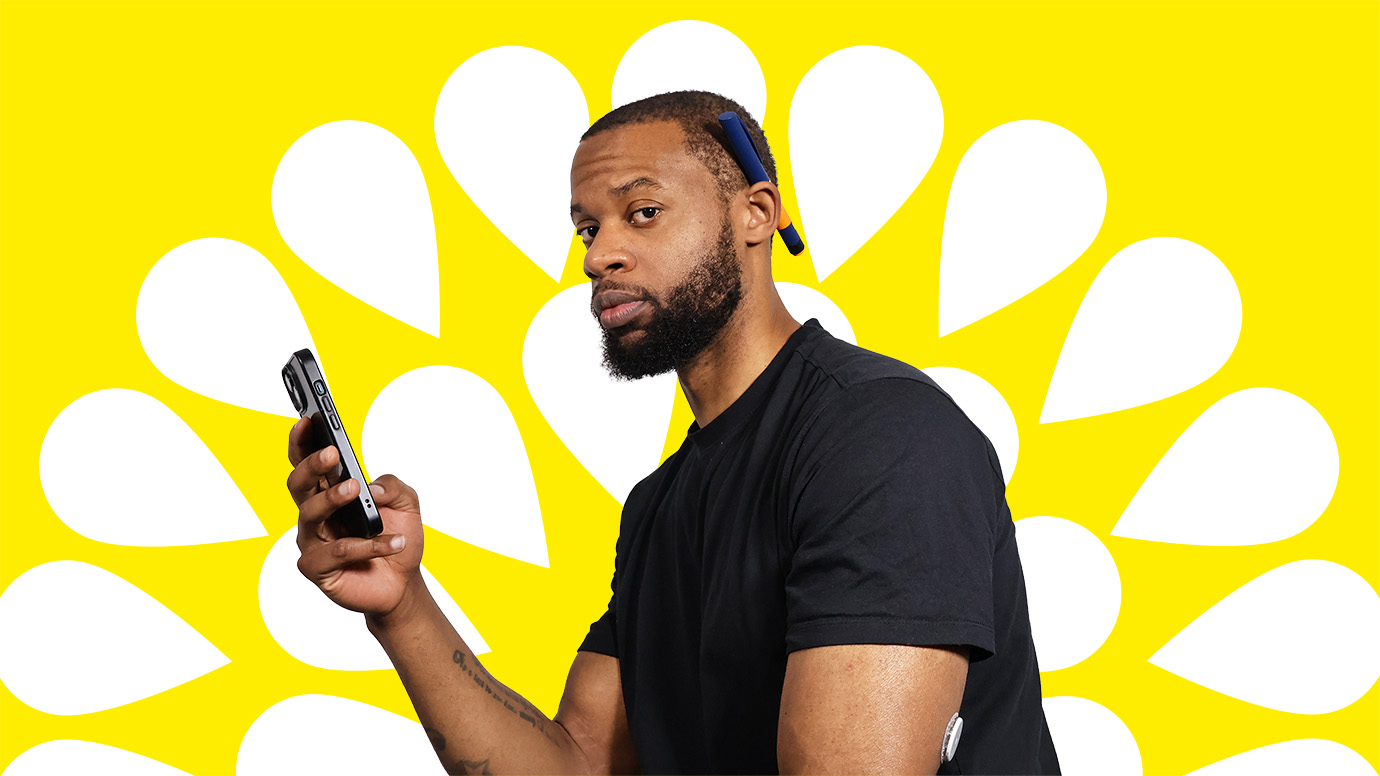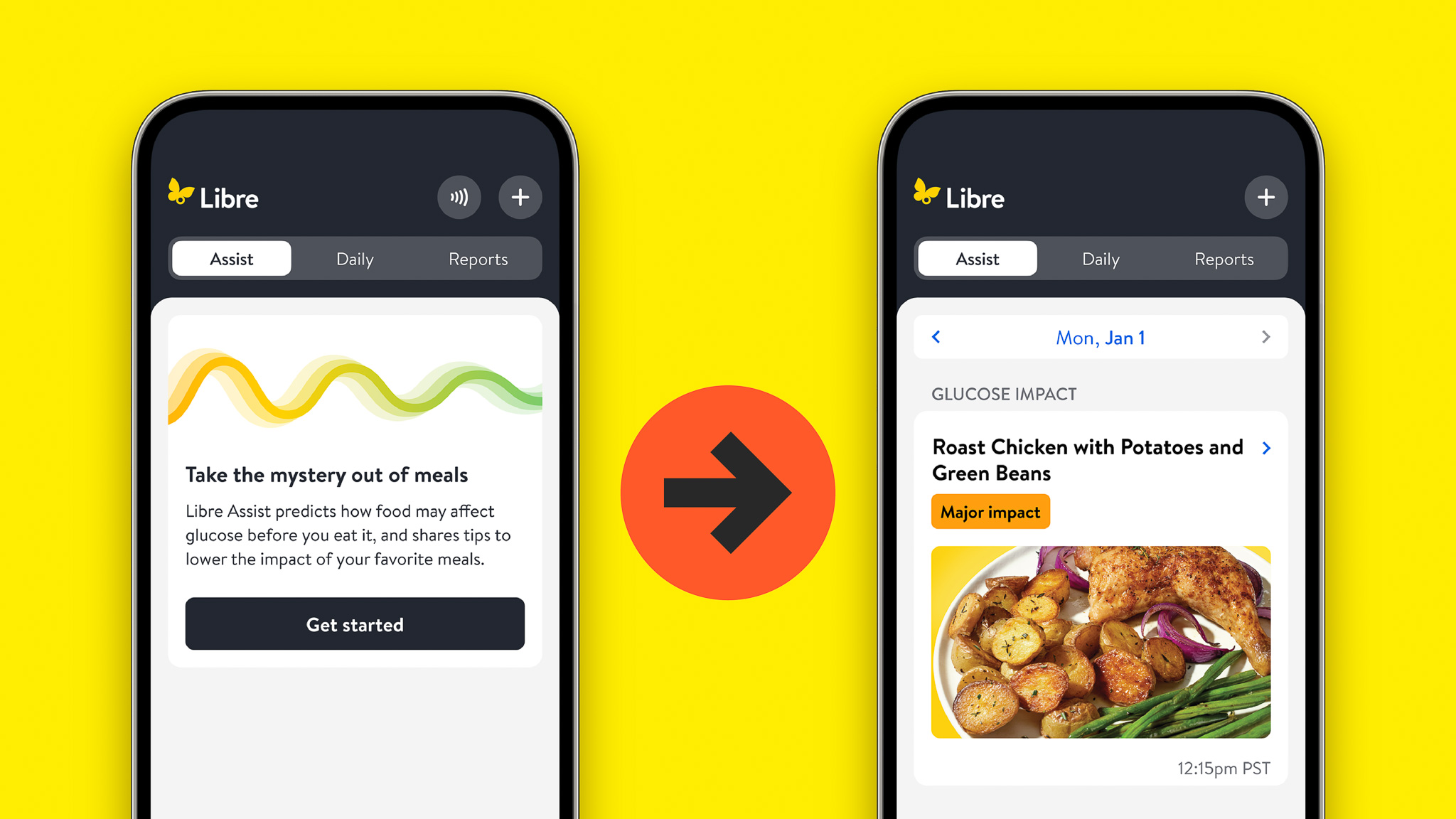Mental Health Resources for People with Type 1 Diabetes
Written by: Julia Flaherty
2 minute read
May 5, 2020
Studies show those with T1D face a higher risk of depression, anxiety, diabetes distress, burnout and eating disorders like diabulimia.
Even when someone appears strong, check in—because mental health struggles are often invisible.
How type 1 diabetes impacts mental health
People with T1D often experience:
- Diabetes distress—frustration and exhaustion from constant management
- Burnout—feeling overwhelmed by the daily demands of diabetes
- Depression—loss of energy, motivation, or interest in activities
- Diabulimia—intentional insulin restriction to control weight
- Anxiety—fear of blood sugar swings, complications, or judgment
T1D affects every aspect of life—mental, physical, emotional, financial, and social.
The daily blood sugar fluctuations mirror mental highs and lows.
Support & resources for mental health
If you or someone you love is struggling, these resources can help:
Lean on friends & family
- Be open—share your emotions with trusted loved ones
- Talk honestly about frustrations, anxiety, and burnout
- Don’t feel guilty for asking for support
Join a diabetes community
Connecting with others who truly understand can help.
- Beyond Type 1 App—Find support from fellow T1Ds
- Breakthrough T1D’s Community Forum—Engage in conversations with the community
- Social media hashtags—Explore #T1DLife, #DiabetesBurnout, and #MentalHealthMatters
Find a mental health professional
If emotions feel overwhelming, seeking professional help is a sign of strength:
- NAMI (National Alliance on Mental Illness)—Connects individuals with local mental health resources
- Online therapy platforms—Consider BetterHelp, Talkspace, or Integrated Diabetes Services
- American Diabetes Association’s Mental Health Provider Directory—Find diabetes-focused professionals
Recognizing suicide warning signs
If you or someone you know exhibits any of these signs, seek help immediately:
- Talking about wanting to die or self-harm
- Expressing feelings of hopelessness or being a burden
- Increased alcohol or drug use
- Sleeping too little or too much
- Withdrawing from others
- Showing extreme mood swings
Suicide prevention hotlines
Help is available 24/7.
- United States: Call 988 or 1-800-273-TALK (8255)
- Canada: Find 24-hour crisis centers via the Canadian Association for Suicide Prevention
- UK: Call Samaritans at 116 123 or PAPYRUS at 0800 068 4141
- México: Contact Instituto Hispanoamericano de Suicidología at 5255 46313300
You are not alone
- Achieving mental health balance takes time, but there is no shame in asking for help.
- The type 1 diabetes community is here to support you with open arms.

Author
Julia Flaherty
Julia Flaherty has lived with type 1 diabetes since 2004. She is passionate about empowering others navigating chronic illness and promoting healing through creativity. Julia is a content marketing specialist, writer, and editor with health and wellness coaching certification. She is also the founder of Chronically You, which provides wellness coaching and marketing services. Julia has created hundreds of blogs, articles, eBooks, social media campaigns, and white papers since starting her career in 2015. She is also the author and illustrator of "Rosie Becomes a Warrior," a children's book series in English and Spanish that empowers children with T1D. Julia... Read more
Related Resources

As of November 13, the United States government is open again. President Trump signed a...
Read more

One of the best ways to stay healthy is to step into the great outdoors...
Read more

Have you ever noticed glucose levels creeping up during the holiday season, even though you’re...
Read more

